How liberal arts classes are helping students go global
Updated: 2015-12-30 10:39
By Judith Huang(chinadaily.com.cn)
|
||||||||
|
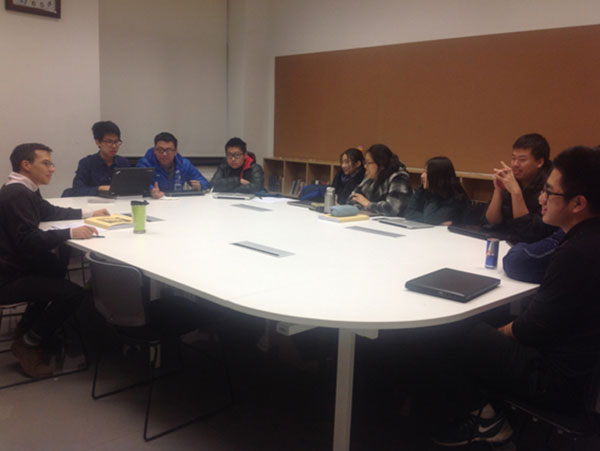 |
|
Jesse Field (left) teaches his humanities class at Dalton Academy, the Affiliated High School of Peking University. [Photo provided to China Daily] |
His ancient Greek classes are constantly in high demand, and he also teaches a Western philosophy course.
"Parents want a humanities program that mixes a Western tradition with Eastern traditions, and that is what we try to give them," says Field, citing Dalton's one-year sequence of Chinese humanities which takes students through classical Chinese texts and the bilingualism of half the school's humanities teachers.
This focus on the humanities is something new, and while a large majority of students intending to study abroad still select business and Science, Technology, Engineering and Math (STEM) fields as their major, more students are taking note that a well-rounded education including a firm grounding in the humanities is essential to getting into top colleges.
To this end, Chinese schools are also offering students more extracurricular activities and experiential learning. Zhang, who went to Chinese schools before getting into Harvard, stressed the importance of activities like Model UN and sports in his high school which stood him in good stead for his liberal arts university education.
As the rising Chinese middle class thinks more globally about education, local schools and universities find themselves competing with schools and universities abroad for Chinese students.
On NextGen Parents, there are lively discussions about the quality of private and public schools in the United States, and as parents budget more and more for their children's education, a growing number of Chinese students are heading abroad at a younger age. 10% of students who use New Oriental, China's largest private education provider's services intend to study abroad in high school.
Top universities in China are also looking abroad for inspiration for their own curricula, as students and parents place an increasing value on models such as a liberal arts education. For example, Fudan University in Shanghai no longer requires first year undergraduates to declare their major, focusing on a general education instead.
"If China is to start producing the specs for the next big electronic gadget, rather than receiving them from Silicon Valley and then manufacturing it, it is going to need to provide education that teaches kids to think and learn," says Field. "China doesn't want to just build the circuits, it wants the circuits to be designed by them."
By focusing on a broad-based education in both the sciences and the humanities, and particularly through a teaching style that emphasizes discussion and critical thinking, the liberal arts classes now being offered both in Chinese schools and abroad are likely to give rise to the innovation and creativity needed to meet this goal.
However, this is not to say that a liberal arts education suits every student. "As parents face greater choice in their children's education, they need to think about their philosophy of education," says Zhang. "There are no education experts in the world that can tell you what that should be, it is something you must figure out for yourself."
- Top planner targets 40% cut in PM2.5 for Beijing-Tianjin-Hebei cluster
- Yearender: Predictions for 2016 through 20 questions
- Asia's largest underground railway station opens in Shenzhen
- Shanghai bans drug-using actors, drivers
- Clamping down to clean up the air
- Yearender: Ten most talked-about newsmakers in 2015
- Over 1 million refugees have fled to Europe by sea in 2015: UN
- Turbulence injures multiple Air Canada passengers, diverts flight
- NASA releases stunning images of our planet from space station
- US-led air strikes kill IS leaders linked to Paris attacks
- DPRK senior party official Kim Yang Gon killed in car accident
- Former Israeli PM Olmert's jail term cut, cleared of main charge
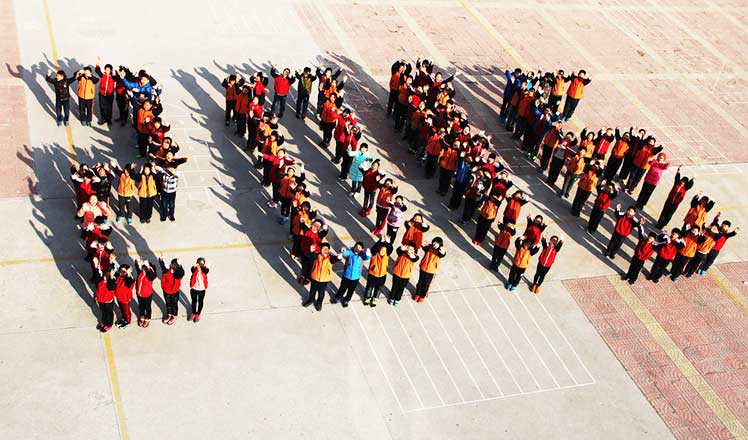
 Yearender: Predictions for 2016 through 20 questions
Yearender: Predictions for 2016 through 20 questions
 World's first high-speed train line circling an island opens in Hainan
World's first high-speed train line circling an island opens in Hainan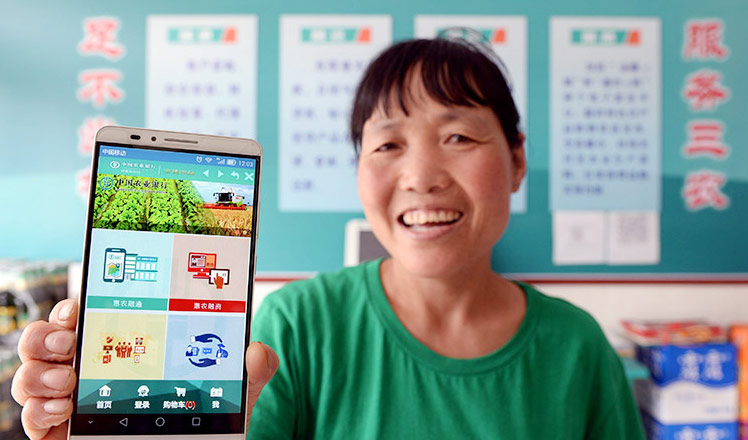
 'Internet Plus' changes people's lifestyles in China
'Internet Plus' changes people's lifestyles in China
 Rough waters on the sea front of West Wales
Rough waters on the sea front of West Wales
 Beijng Zoo wholesale market to be relocated by 2016
Beijng Zoo wholesale market to be relocated by 2016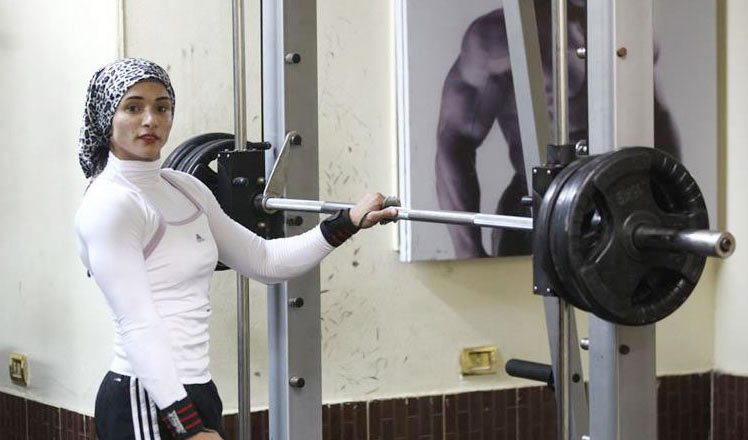
 Iron woman: first female body builder in Egypt
Iron woman: first female body builder in Egypt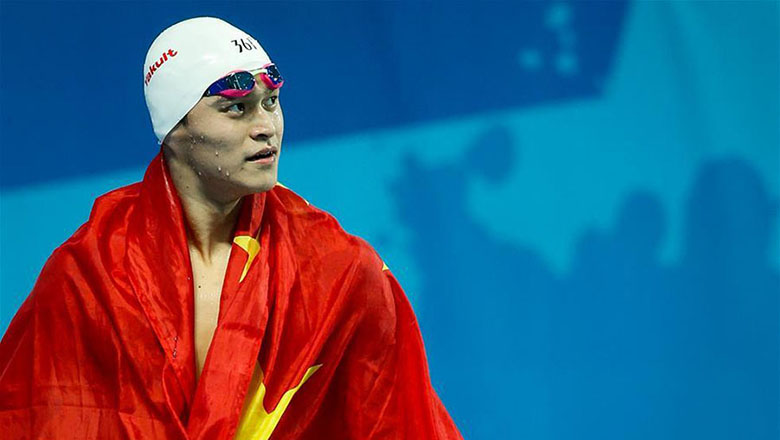
 Yearender: Chinese athletes of year
Yearender: Chinese athletes of year
 Yearender: Key words from popular China news stories in 2015
Yearender: Key words from popular China news stories in 2015
Most Viewed
Editor's Picks

|

|

|

|

|

|
Today's Top News
Shooting rampage at US social services agency leaves 14 dead
Chinese bargain hunters are changing the retail game
Chinese president arrives in Turkey for G20 summit
Islamic State claims responsibility for Paris attacks
Obama, Netanyahu at White House seek to mend US-Israel ties
China, not Canada, is top US trade partner
Tu first Chinese to win Nobel Prize in Medicine
Huntsman says Sino-US relationship needs common goals
US Weekly

|

|








